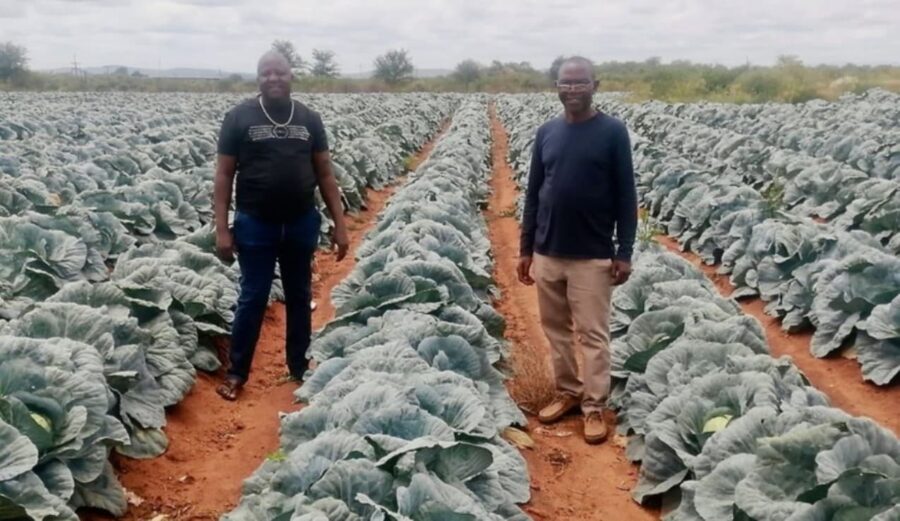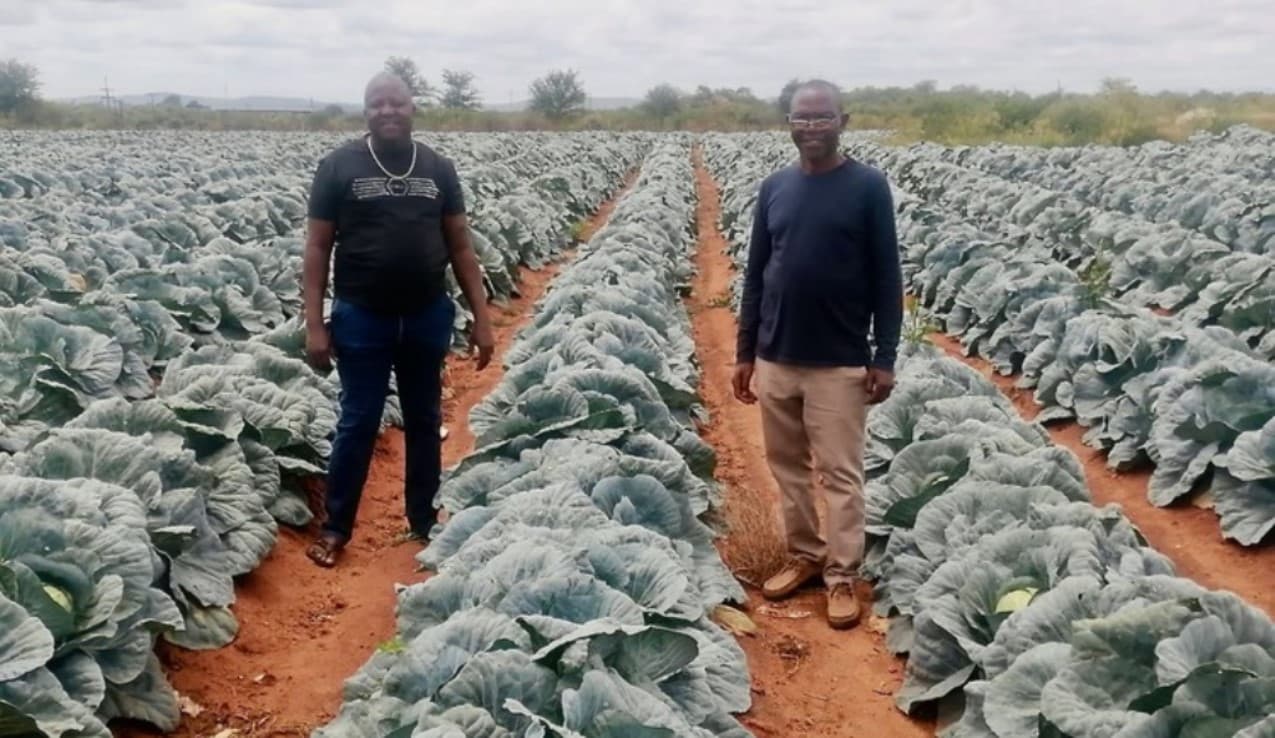
70 small-scale Musina farmers face eviction
The municipality wants the land for a new township

Musina Local Municipality has notified a group of emerging small-scale farmers that they need to “prepare to vacate the area and make way” for a new township.
- 70 small-scale farmers who have occupied vacant land for ten years in Musina have been told to vacate their plots.
- The Musina Local Municipality says the land is needed for the Messina Nancefield Extension 15 township development.
- The Musina Farmers Association says the farming activity is the only livelihood for the families, and some of the farmers live on their plots.
In a letter dated 24 October 2023, signed by the manager of spatial planning and land use Musiwalo Mphephu, the municipality said it is establishing Messina Nancefield Extension 15 township and the Department of Cooperative Government, Human Settlement and Traditional Affairs is planning to build gravel roads on the land, and install bulk and reticulation services for water and sewerage.
There are about 70 families who have been farming on the open land between Campbell and Harper townships for more than ten years. Jeffrey Magwira, president of the Musina Farmers Association, said a mining company used to operate on the land and the farmers moved in when the land was abandoned.
The farmers grow various crops and keep poultry and livestock. Some also live on their plots.
They sell their produce directly to the public and to local shops. Magwira says they currently sell a whole cabbage for R15, whereas big retailers charge R10 for half a cabbage.
He said they met with officials at the municipality last year and he had understood that matters concerning farmers in Musina would be communicated through the association.
“We are surprised to find out some of our farmers have been served with letters,” said Magwira.
“This has been the only means of living for these farmers for years. Evicting them is like taking food from them. Some of them may be forced to live on the streets as they have no other home than the houses they built on the plots,” said Magwira.
GroundUp spoke to Richard Raphalalane, who was busy planting groundnuts before the November rains.
“If we are moved from this place it is like the government has no feeling for us. As a family, we have no other alternative means of living,” said Raphalalane.
Farmer Maria Sibula said she and her five children have no other livelihood besides the watermelons she grows.
On 1 November, the association delivered a letter to the municipality saying it was the recognised body representing the farmers, and the municipality should not be engaging with farmers individually.
At a feedback meeting on 3 November, association chairperson Sammy Raphunga said they had given the municipality seven days to respond.
ALSO READ: Call for journalists to be protected
But to date there has been no response from the municipality.
Hitekani Magwedze, spokesperson for the MEC for Cooperative Government Human Settlement and Traditional Affairs, referred all questions to the municipality.
Musina municipal spokesperson Wilson Dzebu did not respond to GroundUp’s questions first sent 6 November, despite daily promises to reply, and has stopped answering his phone.
